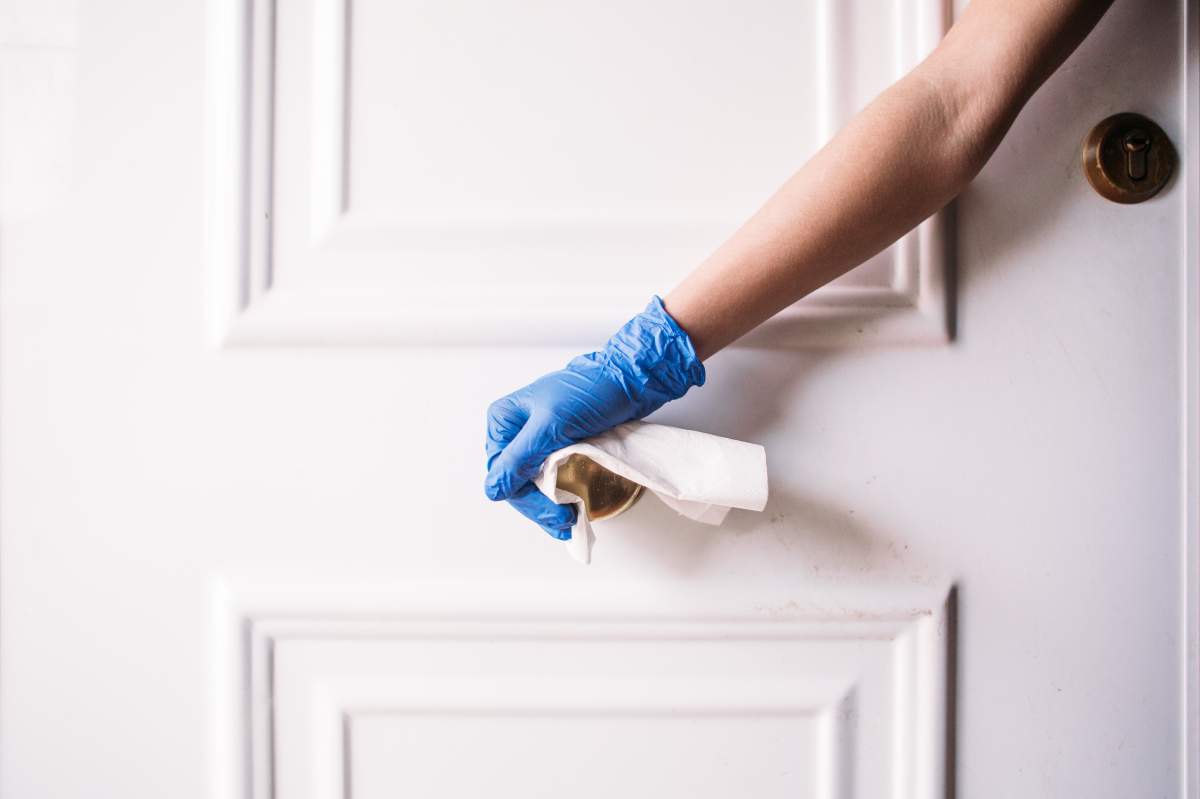The Saskatchewan government gave an update on new coronavirus cases in the province on Thursday.

Health officials said there were five new cases in the daily update, with the overall total for the province growing to 813 since the first case was reported in March.
Two of the new cases are in the south region and the rest are in the Saskatoon, far north and central regions, according to a press release.
Five people are currently in hospital — two are receiving inpatient care in the north and Saskatoon while one is in intensive care in the city.
Four more people have recovered, bringing total recoveries to 750.
There are currently 48 active cases in the province, health officials said. Active cases are total cases less recoveries and deaths.
There have been 15 COVID-19-related deaths in Saskatchewan.

Get weekly health news
To date, over 71,750 tests have been carried out in the province.

Additions to the guidelines for the second part of Re-Open Saskatchewan’s Phase 4.2 were also released on Thursday.
Starting July 16, the province will loosen COVID-19 restrictions on racetracks and rodeo-related activities, banquet and conference facilities as well as car and trade shows.
The government also announced that live performances will be permitted in restaurants, licensed establishments and farmers’ markets on July 16 with required physical distancing.
Dance floors and karaoke are not permitted at this time, according to a press release.
Government official said guidelines are also in development for garage sales and the donation of used items.
Questions about COVID-19? Here are some things you need to know:
Symptoms can include fever, cough and difficulty breathing — very similar to a cold or flu. Some people can develop a more severe illness. People most at risk of this include older adults and people with severe chronic medical conditions like heart, lung or kidney disease. If you develop symptoms, contact public health authorities.
To prevent the virus from spreading, experts recommend frequent handwashing and coughing into your sleeve. They also recommend minimizing contact with others, staying home as much as possible and maintaining a distance of two metres from other people if you go out.
In situations where you can’t keep a safe distance from others, public health officials recommend the use of a non-medical face mask or covering to prevent spreading the respiratory droplets that can carry the virus.
For full COVID-19 coverage from Global News, click here.



Comments
Want to discuss? Please read our Commenting Policy first.